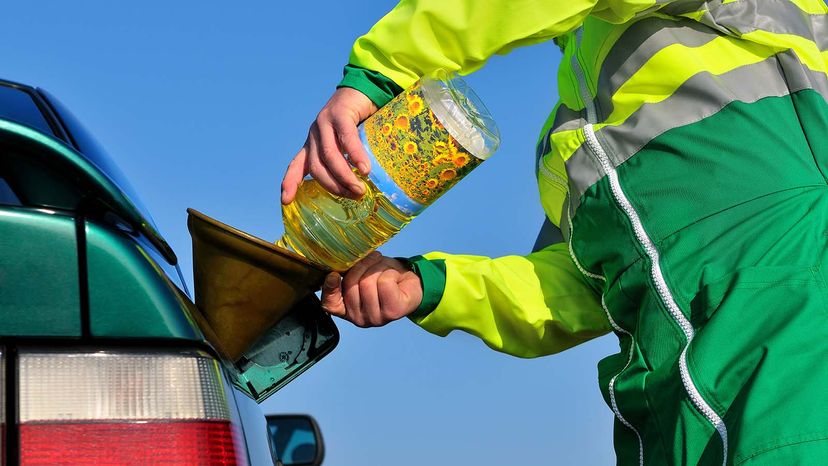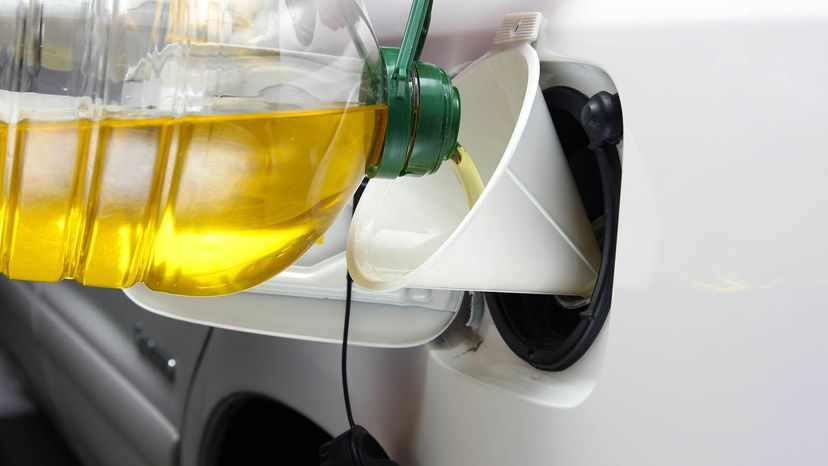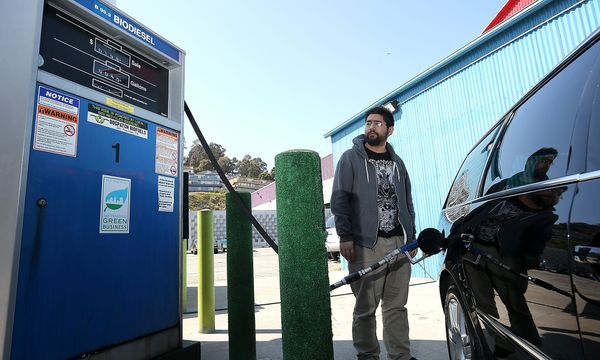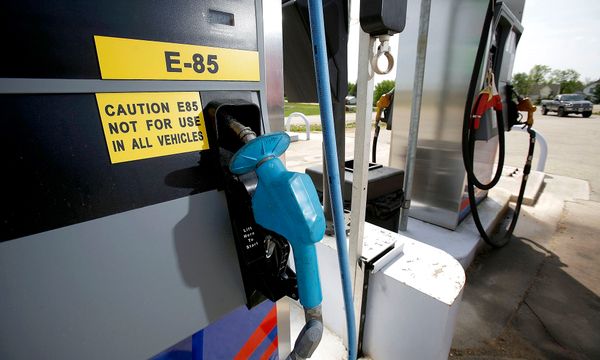
It would be nice if we could find a new kind of fuel to power our cars — something that gives us good mileage and doesn't cost much. What if we could use some common and easily available substance for fuel? What if we can use a substance that no one really wants?
Free fuel would be great, if we could get it. Incredibly, that's exactly what some people are getting by using vegetable oil in their cars. Most restaurants just throw the stuff away when they're finished cooking with it, so some people have deals with their local eateries to periodically pick up batches of old oil.
Advertisement
Of course there's a catch: You can't just dump vegetable oil into your car's tank and drive off into the sunset. You'll ruin your engine. However, with a few tweaks, you can make it work. To learn how you can fill up your gas tank with last night's chicken grease, we must first learn to distinguish between vegetable oils used as fuels and biodiesel.
Biodiesel is a type of fuel derived from vegetable sources, often soy, but it is refined at a special facility that must follow antipollution laws and other fuel regulations. Many vehicles with diesel engines can run on biodiesel or a blend of biodiesel and petroleum diesel without much modification [source: National Biodiesel Board].
Using vegetable oil to fuel a vehicle is an entirely different matter. You're basically using the vegetable oil you can buy at the supermarket (or get for free from a restaurant) as fuel. It's more of a do-it-yourself type of alternative fuel. There's no refining process and it isn't regulated or tested according to environmental laws.
In fact, using vegetable oil as fuel could be illegal in some states, as state and federal revenue agents in the U.S. require special licenses to drive converted cars, as well as payment of motor fuel taxes. Vegetable oil also isn't considered a great fuel source for long-term use [source: U.S. Department of Energy].
How do we actually use vegetable oil to power our cars? We'll discuss that next.
Advertisement


